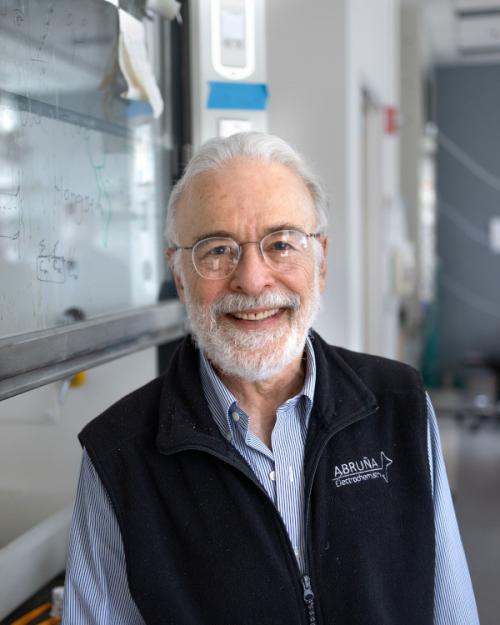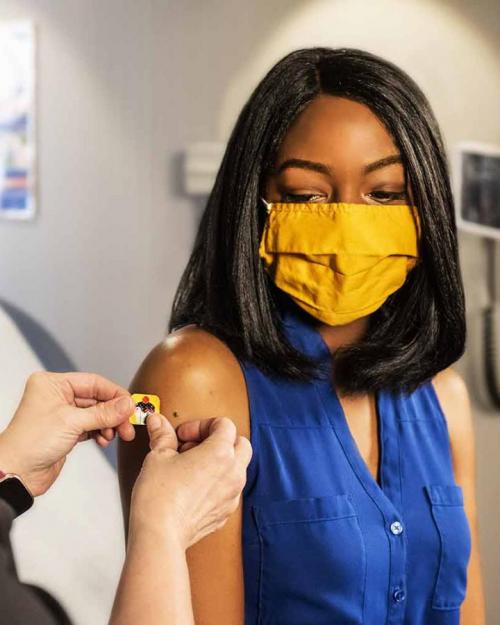Federal health agencies have recommended pausing the use of Johnson & Johnson’s COVID-19 vaccine after six people developed blood clots within two weeks of receiving the one-shot vaccine.
Sarah Kreps and Doug Kriner, government professors at Cornell’s College of Arts and Sciences, have surveyed nearly 2,000 American adults on issues regarding their willingness to get a vaccine. Barely half said they’d get the vaccine if its efficacy was similar to the annual flu shot, falling short of the 70% needed to achieve herd immunity.
Kreps says: “The FDA has approved three vaccines that are all safe and highly effective against COVID-19. A generous interpretation of the FDA and CDC’s decision to pause the Johnson and Johnson vaccine would suggest an effort to maintain vaccine confidence over the long term. Our research suggests that it’s likely to have the opposite effect and contribute to greater vaccine hesitancy. Outlier cases capture a disproportionate amount of public attention. Fears that clinical trials were small and rushed as well as inflated concerns about the severity of vaccine side effects are highly correlated with unwillingness to vaccinate."
Kriner says: "While government scrutiny of adverse events should continue, regulators should be more careful in weighing not just the risks of a vaccine – the likelihood of clots appears to be no greater than in the general population – but also the risks of not vaccinating – the vastly higher risk of dying or suffering severe symptoms from COVID-19. Regulators should be aware that decisions and how they are communicated to the public will adversely influence vaccine confidence, already tepid among some demographics. It is essential that they redouble their efforts to publicly affirm the high degrees of safety and efficacy of the vaccines."
For media inquiries, contact Linda Glaser, news & media relations manager, lbg37@cornell.edu, 607-255-8942.




